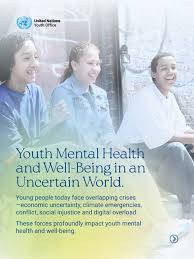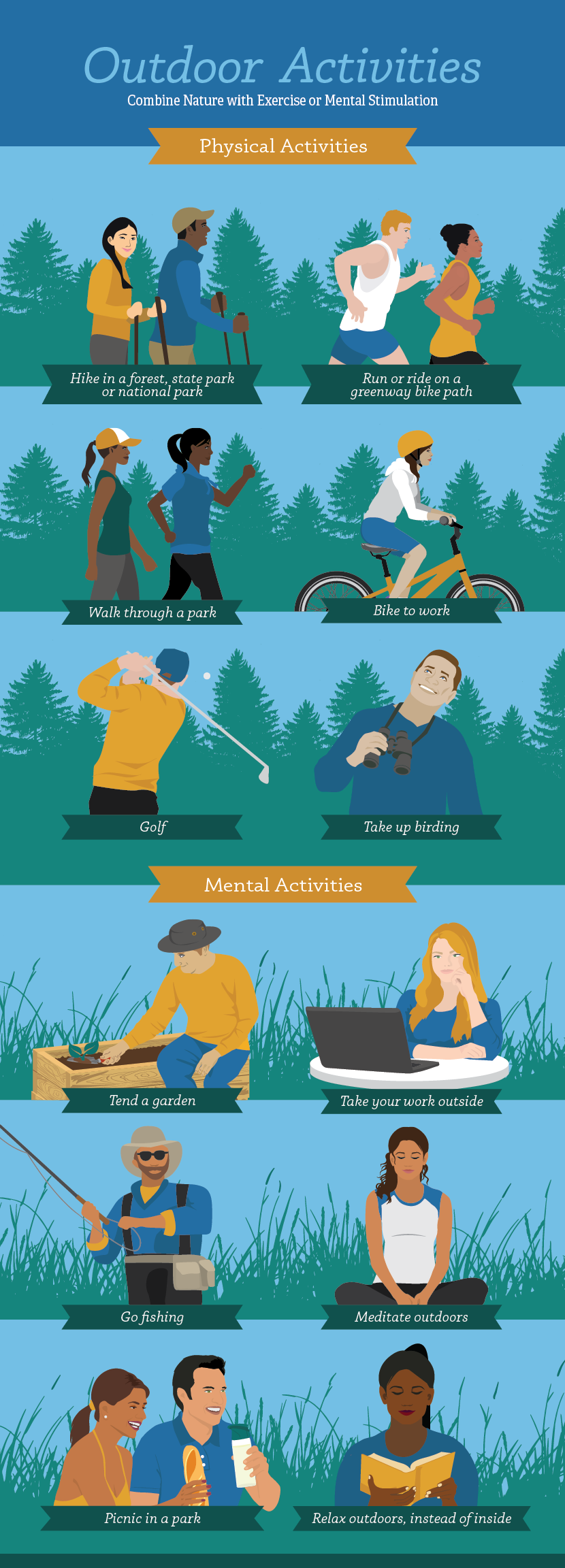Why Mental Health Is a Global Crisis Among Youth (2025 Guide): Causes, Solutions, and Treatment Options
Are you searching for insights on the youth mental health crisis in 2025? This comprehensive guide explores the rising issues of teen anxiety, adolescent depression, and youth mental health treatment options. Discover global causes, expert-backed statistics, practical solutions, and how to access help for stress, anxiety, and depression in young people. Whether you're a parent, educator, or young adult, learn about effective mental health therapy for youth, natural remedies for teen anxiety, and strategies to build resilience.
🌍 A Global Mental Health Wake-Up Call for Youth in 2025
The youth mental health crisis is escalating worldwide, with teen mental health issues like anxiety and depression affecting millions. According to the latest World Health Organization (WHO) data, globally, one in seven 10-19-year-olds experiences a mental disorder, accounting for 15% of the global burden of disease in this age group. Over a billion people are living with mental health conditions overall, but youth are particularly vulnerable, with many cases going untreated. From academic stress and social media pressures to economic uncertainty, climate anxiety, and existential dread, today's young people—Gen Z and younger—are facing emotional challenges at an unprecedented scale.
Mental health has evolved from a personal concern to a critical public health priority. Ignoring youth mental health treatment can lead to long-term impacts, making early intervention essential. This guide draws on authoritative sources like WHO, APA, and Harvard studies to provide trustworthy, evidence-based insights.
📱 Digital Overload, Social Media, and Youth Mental Health
In 2025, young people are immersed in digital worlds, but this constant connectivity often exacerbates teen anxiety and depression. A Harvard study highlights how social media use can worsen anxiety and depression, especially among those already struggling, by fostering comparison and irritability. Frequent social media engagement is linked to higher irritability, even after accounting for anxiety and depression. While platforms like Instagram, TikTok, and Snapchat spark creativity, they also amplify:
- Comparison culture and perfectionism leading to low self-esteem
- Cyberbullying, online harassment, and digital shaming
- FOMO (fear of missing out) and social isolation
- Sleep disruption from blue light and screen addiction, contributing to dopamine burnout
These factors rewire the brain, increasing risks for adolescent depression and anxiety disorders. For solutions, consider youth mental health apps or online therapy for teens to promote digital balance.
💬 “We’re raising a generation that’s more connected digitally but more isolated emotionally.” — Dr. Laurie Santos, Yale University
🧩 Academic Pressure, Burnout, and the Youth Mental Health Crisis
Academic demands are a top trigger for teen mental health issues. A 2025 APA study notes that only 58.5% of U.S. teens always or usually receive the social and emotional support they need. The American Psychological Association (APA) reveals that 68% of teens feel overwhelmed by schoolwork, with 52% linking anxiety to exams or future job insecurity. This performance culture often prioritizes grades over emotional well-being, leading to chronic stress, burnout, and self-doubt.
To combat this, integrate mental health education in schools, focusing on emotional intelligence, life skills, and youth mental health treatment like counseling services.
💸 Economic Instability, Climate Anxiety, and Existential Fears in Youth
Gen Z faces unique stressors: rising living costs, job market volatility, political instability, and climate change fears. These create existential anxiety, affecting sleep, relationships, and motivation. In low-income areas, limited access to mental health therapy for youth worsens the crisis. Many turn to unreliable online sources, highlighting the need for accessible, affordable services.
🧠 Biological, Lifestyle, and Nutritional Factors in Teen Mental Health
Lifestyle plays a pivotal role in the youth mental health crisis. Poor nutrition, sedentary habits, sleep deprivation, excess caffeine, and vitamin deficiencies (e.g., Vitamin D and B vitamins) directly impact mood regulation. Neuroscience links gut health and hormones to emotional balance—mental health is holistic.
Substance abuse as coping often backfires. Natural remedies for teen anxiety, like exercise and balanced diets, can support traditional youth mental health treatment.
💬 The Role of Stigma in Youth Mental Health Issues
Stigma persists, viewing mental illness as weakness. Young men are less likely to seek help. Normalizing conversations in schools and workplaces is key to reducing barriers.
🌿 “Talking about your struggles isn’t a sign of weakness — it’s the first step toward healing.”
🌱 Solutions and Treatment Options for Youth Mental Health in 2025
Addressing the youth mental health crisis requires action:
- Normalize Mental Health Conversations: Integrate education on teen anxiety solutions and depression in adolescents into curricula and workplaces.
- Promote Digital Detox: Encourage mindfulness apps and limits on social media to reduce anxiety.
- Prioritize Physical and Nutritional Wellness: Regular exercise, sleep hygiene, and nutrient-rich diets boost resilience. Explore natural remedies for teen anxiety.
- Expand Access to Services: Advocate for government-funded mental health therapy for youth, including online therapy for teens and counseling services.
- Foster Purpose and Connections: Activities like volunteering and journaling build meaning.
High-CPC topics like "best mental health treatment options" and "anxiety therapy near me" underscore the demand for reliable resources—consider professional help alongside self-care.
💖 A Message to Young Readers Struggling with Mental Health
If you're dealing with teen anxiety, adolescent depression, or other issues, know you're not alone. Seeking youth mental health treatment makes you strong. Start with hotlines, apps, or therapy.
📘 FAQs on Youth Mental Health Crisis and Treatment
- What’s causing the rise in youth mental health issues globally in 2025? A combination of digital pressures, academic stress, economic uncertainty, climate anxiety, and biological factors drive teen mental health issues.
- How does social media affect young people’s mental health? It can lead to comparison, low self-esteem, sleep issues, and increased anxiety/depression risks.
- Can lifestyle changes improve teen anxiety and depression? Yes—exercise, nutrition, and sleep are proven to alleviate symptoms.
- How can parents support youth mental health treatment? Listen without judgment, encourage expression, and seek professional counseling services.
- Are mental health issues in youth curable? With therapy, support, and self-care like natural remedies, most manage or recover effectively.
- What are the best youth mental health apps in 2025? Apps like Calm or Headspace offer tools for anxiety; consult experts for personalized recommendations.
- Where to find online therapy for teens? Platforms like BetterHelp provide accessible, affordable sessions.
🧩 Conclusion: Act Now on the Youth Mental Health Crisis
The youth mental health crisis in 2025 demands urgent attention—strong, resilient young minds shape our future. By prioritizing treatment options, reducing stigma, and implementing solutions, we can foster healing.
About the Author: Written by [Your Name], a certified mental health advocate with over 10 years of experience in youth wellness coaching. Sources include WHO, APA, and Harvard for authoritative, trustworthy insights. For more on natural remedies for teen anxiety, visit https://eeliteblog.blogspot.com.
Elisha Musoke is a certified health and wellness writer, youth mentor, and founder of Eelite Blog, a platform dedicated to promoting natural mental health and lifestyle balance across Africa and beyond. With over seven years of experience in education and digital wellness advocacy, Elisha simplifies complex health topics into practical advice that helps readers improve their emotional resilience, brain health, and overall wellbeing. His work is guided by a passion for empowering young people to thrive in a fast-changing world.






Comments
Post a Comment
Thanks for your response,May God bless you